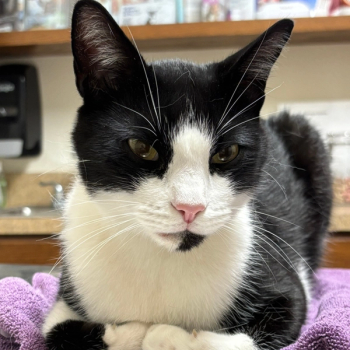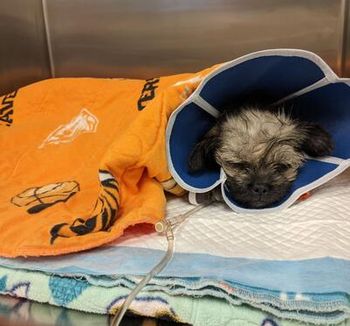
Posts and tweets on: Toxicology
Educate clients and avoid toxicosis cases with these prewritten social media messages.
Shutterstock.com
Clients don't know what they don't know. Help them out with these prewritten posts and tweets about common toxicology woes and prevent their pets from getting into things they shouldn't. Simply copy and paste to your social media accounts.
Tweets:
Almost half of the cases managed by Pet Poison Helpline involve human medications. Here's the list of the top 10 culprits.
According to Pet Poison Helpline, pets are more likely to ingest NSAID pain relievers than any other dangerous drug. Be sure to keep these medications out of reach!
Xylitol may be a low-calorie sweetener to you, but it causes hypoglycemia, liver failure or even death in dogs.
DYK? Xylitol, which is toxic to dogs, is found in more than just sugar-free candies. It can also be used in medications, nasal sprays and vitamins.
Food isn't the only thing dangerous to your pet in your home. Certain plants are poisonous to cats and dogs. Find out more here:
Facebook posts:
Did You Know? Nearly 50% of the poisoning cases managed by Pet Poison Helpline involve human medications-both over-the-counter and prescription drugs. Here's a handout that lists the top 10 most common medications that are harmful to pets.
NSAID pain relievers, such as Advil or Aleve, are the most common human medications that pets get into that cause harm, according to Pet Poison Helpline. Be sure to keep them out of reach of your furry family. To see the top 10 medications that pets to get into, click here:
Keep an eye on product labels and be sure to keep the most common xylitol-containing culprits-such as certain medications, dietary supplements and vitamins, nasal sprays, and sugar-free candies and mints-away from pets.
Indoor and outdoor plants can be toxic to cats and dogs, so use care when selecting plants for your home. To see a list of the most common plants that can make pets ill, check out these handouts.
Outdoor:
Indoor:
Newsletter
From exam room tips to practice management insights, get trusted veterinary news delivered straight to your inbox—subscribe to dvm360.





